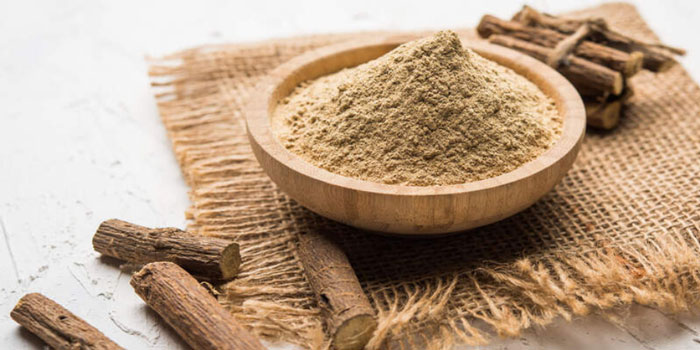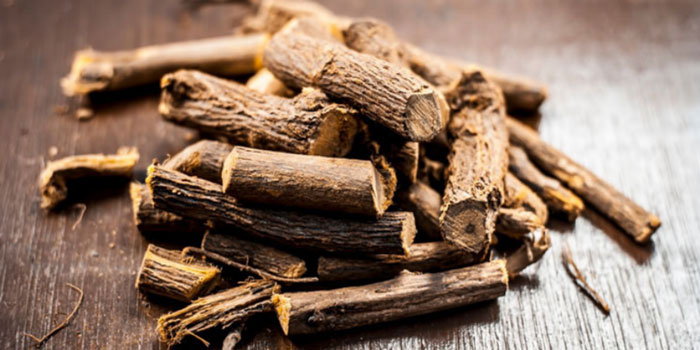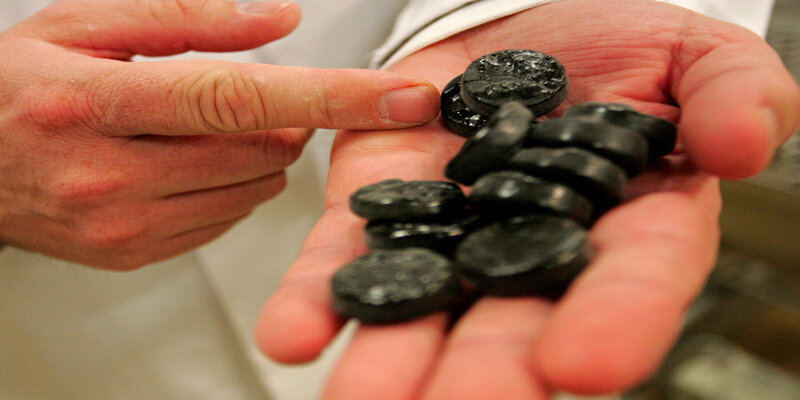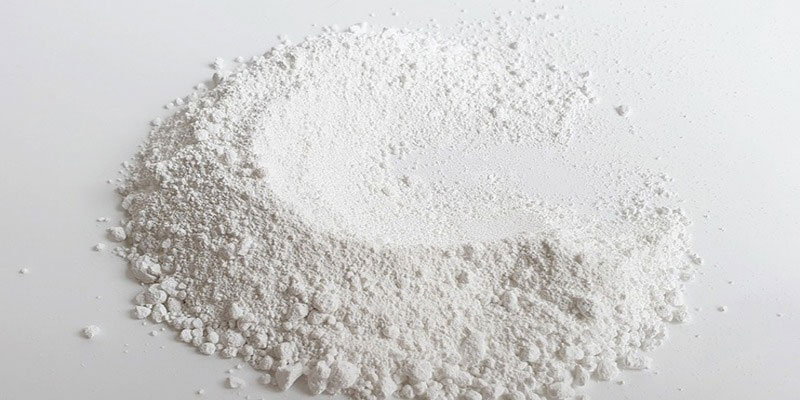Black licorice, inside the shape of Good &'' Plenty candy, is a Halloween staple and a common find at movie theater candy aisles. Some hate the taste, yet others can't get enough of it. Consuming two tablespoons of black licorice daily for at least two weeks has been linked to arrhythmia in persons aged 40 and over, according to a 2017 FDA study. Is it true that black licorice is unhealthy? Let's quickly review what the studies have shown.
The Health Advantages Of Black Licorice
Black licorice has been employed for thousands of years in traditional Chinese, herbal, and Ayurvedic (Indian) medicine, according to a literature review published in the journal Therapeutic Advances in Psychopharmacology. Licorice's popularity in non-pharmaceutical natural treatments stems from its abundance of beneficial compounds; these include those with anti-inflammatory, antioxidant, antiviral, anticancer, hepatoprotective (protects the liver), and neuroprotective (prevents nerve cell death) effects. According to the study's authors, licorice may also aid with depression and pain. Symptoms of metabolic syndrome may be alleviated with the use of black licorice, as stated in a 2021 review published in Advances in Experimental Medical Sciences and Biology. Insulin resistance, high blood pressure, high cholesterol, and extra abdominal fat are the hallmarks of metabolic syndrome. According to the results of this analysis, black licorice may help reduce hyperglycemia and excessive cholesterol.
The Negative Aspects Of Using Black Licorice

To begin, know that the FDA did not outright forbid black licorice. GRAS (Generally Recognized as Safe) is the status that the FDA has given to black licorice (GRAS). It is a flavoring and sweetening factor in soft drinks, teas, and other consumer items. It is included on the FDA's additives register as "licorice'' as well as derivatives (ammoniated glycyrrhizin, glycyrrhiza). The FDA has issued a warning that consuming large quantities of black licorice may be dangerous. And here's why: Black licorice's signature flavor comes from a sugary chemical called glycyrrhizin, found in licorice root. Large doses of glycyrrhizin, as reported in the journal Therapeutic Advances in Endocrinology as well as Metabolism in 2012, temporarily reduce potassium levels, which can cause arrhythmias, hypertension, swelling, fatigue, and, in the worst case, heart failure.
The research says that the possible health advantages are negligible compared to the potential negative consequences but that these problems normally disappear after usage ceases. For example, six people diagnosed with black licorice toxicity between 2018 and 2020 were hospitalized in the intensive care unit at a single medical facility, according to a study that appeared in the journal Deutsches Ärzteblatt International in 2021. Heart arrhythmias, hypokalemia, and hypertension were the primary diagnoses for all six individuals (abnormal heart rhythms). The patients also complained of experiencing paralysis, heart palpitations, muscular soreness, and weakness.
Guidelines For Consumption
Fans of black licorice should consult with a doctor immediately if they encounter symptoms like abnormal heart rhythms or muscular weakness after consuming more than the recommended serving amount. If you are pregnant, nursing, have high blood pressure, heart disease, or renal illness, or are on any medicines, including licorice, you should talk to your doctor before eating it. Pregnant women should probably abstain from black licorice since it has been linked to an increased risk of preterm delivery and other complications, as reported by the National Center of Complementary and Integrative Health (NCCIH).
Is It Safe To Consume Black Licorice?

In moderation, black licorice may be consumed without worry. The case study in the journal described high intake within the context of an otherwise severely restricted diet. Still, it would be best if you didn't overlook the fact that black licorice has other uses than dessert. The glycyrrhizic acid quercetin may lead to fluid retention, hypertension, and electrolyte imbalances, potentially leading to cardiac arrhythmia or cardiac arrest. Other foods like jelly beans and flavored drinks include glycyrrhizic acid for flavoring.
Conclusion
Black licorice seems a harmless delicacy at first glance, but it has some sinister undertones. The death of a Massachusetts man, age 54, was attributed to black licorice on September 23, 2020. What gives here? Licorice poisoning seems more like the plot of a dark fairy tale than a real possibility. I've always been curious about the psychological and physiological effects of chemical exposure from the food and environment we consume. Paracelsus, a Swiss physician and indeed the "Father of Toxicology," declared that "all things are poison and nothing is without poison; the recommended dose alone makes it so that a thing is not a poison." This statement is especially pertinent when a seemingly innocuous substance, such as licorice, is linked to a fatality.




